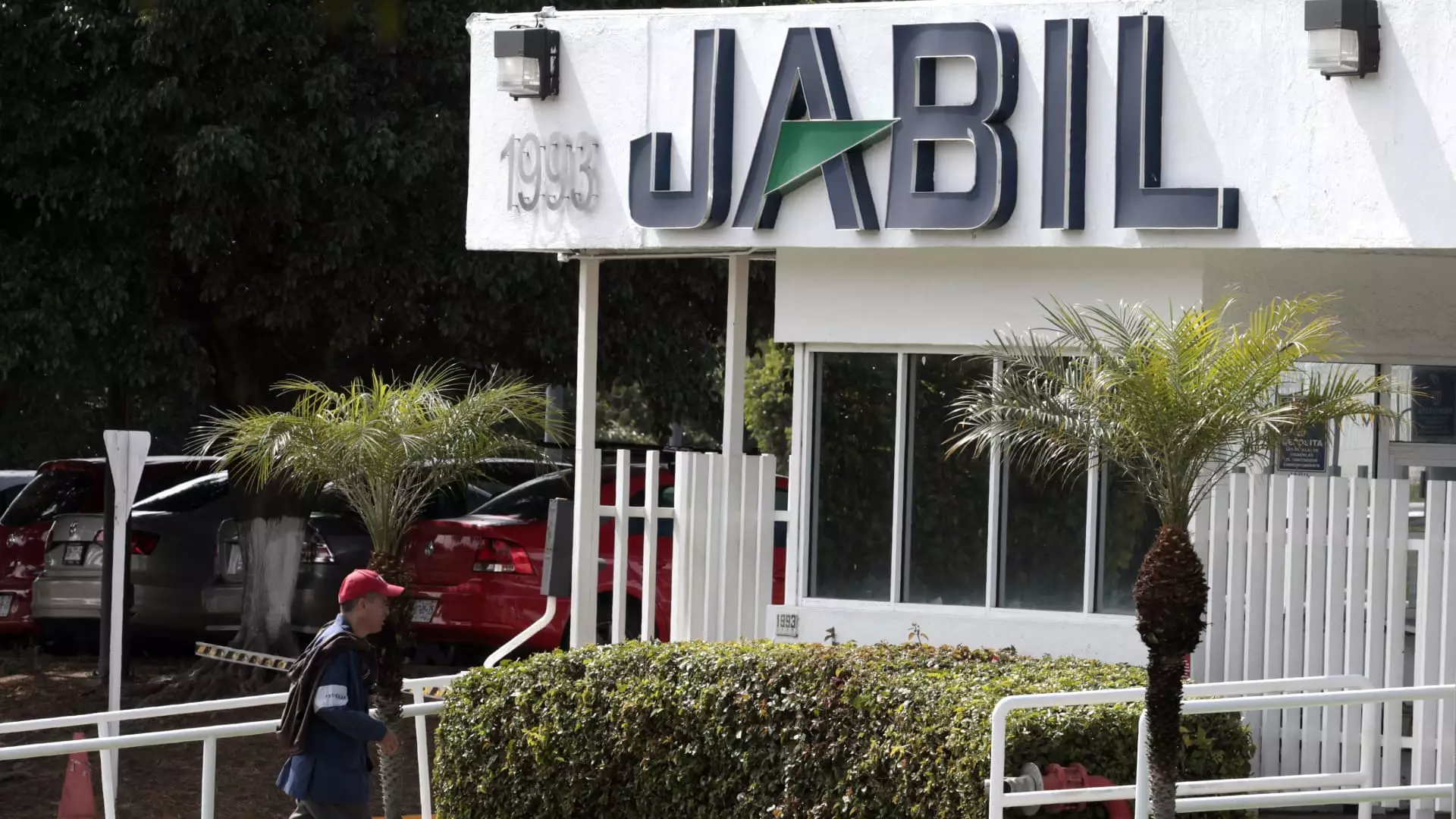The recent U.S. stock market rally has drawn a clear line separating rational enthusiasm from irrational exuberance. The S&P 500 hitting all-time highs might appear as a triumphant story of resilience, especially amidst trade tensions and global uncertainties. However, beneath the surface of this celebrated bullish run lies a cautionary tale that many investors seem hesitant to confront. The surge—propelled predominantly by tech giants and AI-driven companies—has pushed valuations to unsustainable levels, risking a painful correction that the casual observer fails to appreciate.
While some praise the resilience of the market amidst geopolitical challenges like the evolving U.S.-Canada trade dynamics, it’s the empirical signals within the stocks that tell a more urgent story. The relative strength index (RSI), a reliable barometer for overbought conditions, is flashing glaring warnings. When leading tech stocks showcase RSIs above 70—some even nearing 90—it’s not a sign of strength but of a bubble dangerously inflated by short-term excitement, speculative fervor, and excessive optimism on AI revolutionizing industries overnight.
The Idolatry of Tech Giants and the AI Hype
It’s difficult to dispute the impressive gains made by industry titans such as Microsoft, Nvidia, and semiconductor manufacturers like AMD and Micron Technology. Indeed, Microsoft’s RSI of nearly 80 and a stock price buoyed by optimistic price targets reflect legitimate confidence from investment banks. However, when the same enthusiasm spills into every corner of the tech sector, it signals herd mentality rather than grounded investment logic. Microsoft and AMD’s meteoric 4% and 12% weekly gains respectively may be impressive, but overconcentration on AI-inspired growth narratives is an investor trap lurking beneath the surface.
Peer companies such as Jabil—an Apple supplier with an intimidating 90.8 RSI—further illustrate how market hype can skew fundamentals. Jabil’s fresh 52-week high and upward revision of earnings forecasts may seem like a green flag, but their steep climb comes in the face of thin margins and supply chain uncertainties that lurk in the background. The parabolic rise in stocks benefiting from AI-related demand themes, including data storage names like Western Digital and Seagate, undermines the prudent practice of valuation discipline that center-right liberals champion as a necessity for long-term economic stability.
Financial Sector’s Illusion of Strength
Even the financial heavyweights—JPMorgan Chase and Goldman Sachs—are not immune to this wave of overexuberance, with their RSIs flirting with overbought territory. While increased interest rates, economic growth, and robust earnings reports lend some credence to their valuations, the same cautious skepticism that should apply to tech must be extended here. The risk of a broad market pullback could deal a harsh blow to these banks if the unraveling tech bubble triggers a contagion effect, underscoring the systemic risk of overvaluations spilling into even traditionally stable sectors.
The Neglected Underdogs: Oversold Food & Retail Stocks
Conversely, the food and beverage sector—and certain retail stocks—have been overlooked to the point of undervaluation. Companies like Molson Coors, Conagra Brands, Campbell’s, Ross Stores, and Lululemon have RSIs below 30, marking them as oversold and possibly poised for a rebound. Molson Coors, burdened by market share losses and lowered analyst ratings, embodies the kind of company unfairly punished due to shifting consumer tastes and the very cyclical nature of their industries.
Investors who dismiss these oversold names miss significant value opportunities disguised by short-term pessimism. For instance, Lululemon athletic apparel’s disappointment in full-year guidance is a typical example of management exercising conservative forecasting—a prudent step rather than a sign of structural weakness. These overlooked sectors represent a pragmatic counterbalance to the runaway enthusiasm in tech, reminding investors that resilience often thrives in sectors grounded in everyday consumer demand rather than speculative technological optimism.
Why Sound Market Discipline Still Matters
The juxtaposition between overheated tech stocks and oversold consumer staples reveals a fundamental market truth: sustainable investment hinges not on chasing the latest fad but on disciplined evaluation of risk and reward. It’s tempting to hop aboard soaring stocks fueled by hype and media frenzy, yet history repeatedly teaches that bubbles collapse, often with devastating consequences for unchecked speculation.
From a center-right liberal viewpoint, markets must be protected from excessive volatility created by uninformed speculation, which undermines economic growth and job creation stability. Investors would be wise to heed signals like the RSI and diversification cues rather than blindly betting on “AI will fix everything.” A thoughtful approach combining growth sectors with undervalued cyclical and defensive stocks remains the most prudent path forward.
The market euphoria celebrating tech innovation should not blind us to the risks baked into sky-high valuations. Overdependence on a narrow selection of overbought stocks may yield an illusory sense of prosperity—one that will eventually give way to a more sober and potentially painful reckoning.

